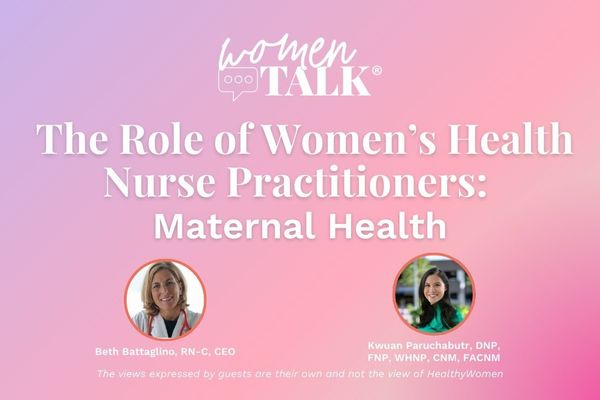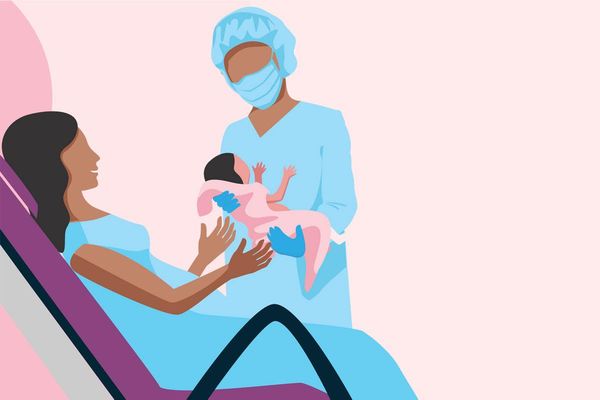Q:
Is amniocentesis my only screening option? I've heard it's risky.
A:
You probably know that chromosomal abnormalities like Down syndrome are more common in older mothers. But amniocentesis, in which a needle is used to withdraw some of the amniotic fluid to evaluate it for certain chromosomal abnormalities or neural tube defects, and chorionic villus sampling (CVS), in which placental cells are removed and tested for chromosomal and genetic disorders, are both invasive. They each carry a small risk of miscarriage. Today, we can do a fetal nuchal translucency test. This is an ultrasound to assess the thickness of the fold in the back of the fetus's neck, which predicts Down syndrome. The ultrasound is typically performed between 10 and 14 weeks into the pregnancy. Combined with a blood test for pregnancy associated plasma protein a (PAPP-A) and human chorionic gonadotropin, the results are approximately 90 percent accurate for some chromosomal disorders including Down syndrome. If the alpha-fetoprotein (AFP) blood test is added at 16 weeks, the sensitivity increases to approximately 94 percent. The AFP also is used to detect neural tube defects like spina bifida. In fact, I'm seeing amniocentesis numbers declining in my practice. Be sure to ask all the questions you have about these procedures, if one is recommended for you, so you clearly understand what it’s for and its associated risk and benefits.







